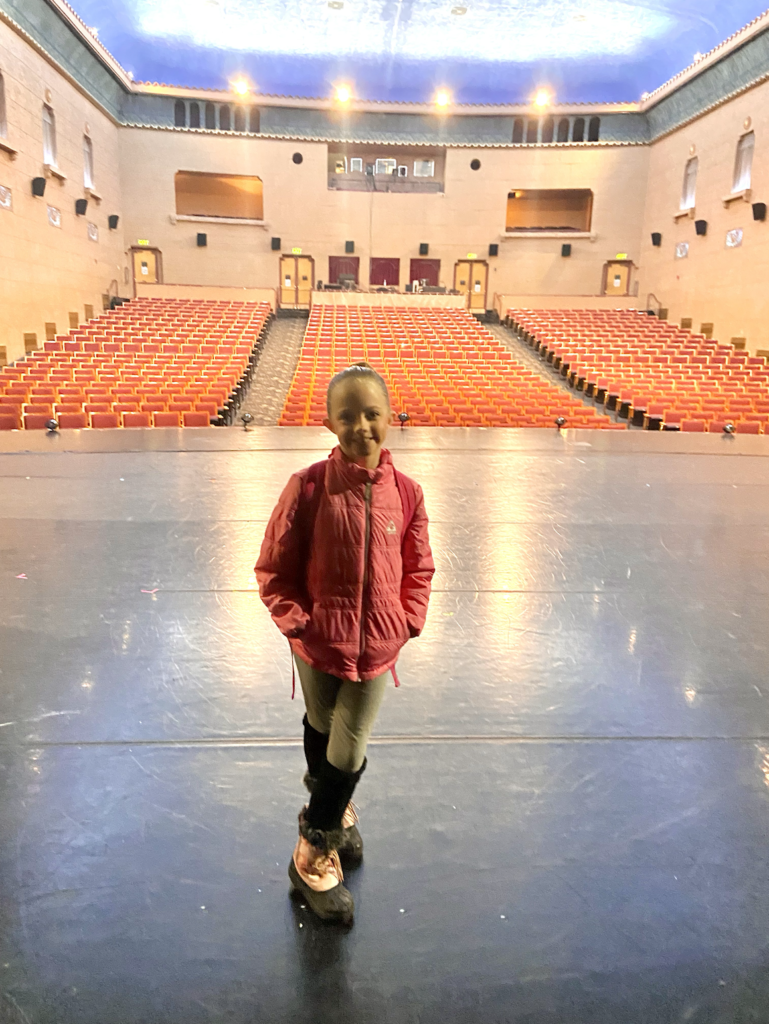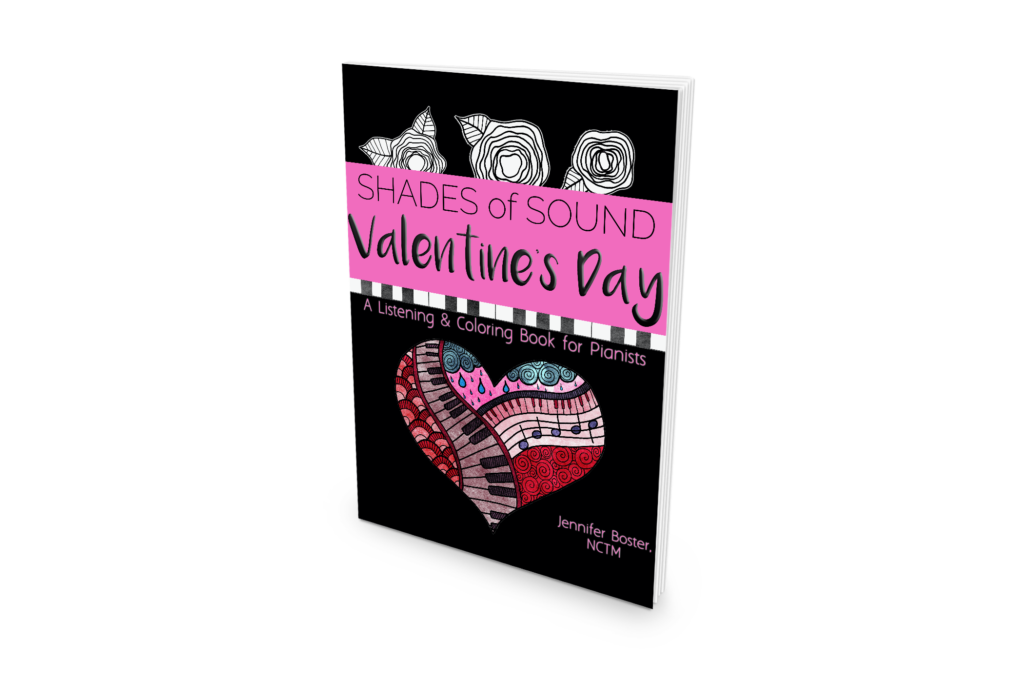Teaching Music Appreciation
Most of my students have not been on the serious, college piano major track. Don’t get me wrong, I have had a few students who were amazingly talented and were very dedicated to their piano study, who I would not be surprised to see studying piano in college someday. They always practiced diligently, truly progressed week by week and played more challenging classical repertoire (which was such a joy to teach!). However, the majority of my students up until now have not been like that.
What is it that is important to give to our students who may not become super talented concert pianists or piano majors? I believe that one of the most important things you can leave with your students is a love and an appreciation for music and music-making. Give them a great, positive experience. Give them the tools they need to become proficient pianists, and give them the experiences needed to gain an appreciation for good music.
I want them to hear a piece and be inspired by it. I want them to come to me and say, “I heard this piece and really want to learn it!!” This is a piece I heard performed live by Leon Fleisher, and was so awed by it that I had to learn it. I opened my senior recital with this piece…
I hope that we can all strive in our individual studios to really instill a great appreciation for music in each of our students.

 Previous Post
Previous Post Next Post
Next Post


















When I meet people who studied music as children, I often hear them say something like, "Oh, I love music! I wish I had more time for it," or "I wish I had kept going." It makes me sad to see how disappointed they feel. But I wish they could see that because they love music as adults, their music lessons weren't a waste.
Yes! As someone who did not 'major' in music and will certainly not be in a solo concert anytime soon, I am so thankful for the love of music my parents and piano teacher worked so hard to instill in me. I love having piano music play in the background, and I absolutely love any chance I get to attend a concert, opera, etc. and just soak in the music. It truly feeds my soul.
When we were little kids, my piano teacher would play Victor Borge videos for us while we were waiting for our lesson. We loved those videos, they were so funny! And as small children we got our first taste of a piano concert at the same time. When we were a little older, and whenever there were concerts or pianists playing at the local college my teacher would let my mom know and my mom would somehow manage to take us (I come from a big family). I remember always being amazed how they made the piano sound as compared to how I made it sound! Growing up I don't think I always appreciated those experiences like I do now, but I certainly hope to create the same appreciation and memories with my own students and children.
Great post. I think it is a huge struggle to get students to connect to "classical" music. I understand how they feel! Even being a classical music "connesieur" most of the time I would much rather listen to other stuff. To me, possibly the greatest lesson would be to learn where the music came from – that the music they hear today on the radio came from the great composers of the past. On a side note – Browns: I love you and your music and I must say your technique is superb, but all the drama, the DRAMA! I was cracking up at the movie – that is just over the top! Maybe you could do a post about stage presence and the how some prefer to really feel the music and others prefer to let the music speak for itself.
I once took a children's literature class that emphasized the importance of personally connecting to everything you read. I've since incorporated that philosophy into my piano studio. Every few weeks a student gets to take home a new composer: we look at paintings/photos of the composer, discuss their life together, and then the student gets to borrow some of my CDs that pertain to that composer. The also take home a personal response sheet; they can write or draw about anything they feel when they are listening to the music. I was amazed at how well it worked – it really helps students become familiar with the music and start to question why the music makes them feel the way they do. And it's so much fun for me to read their responses!